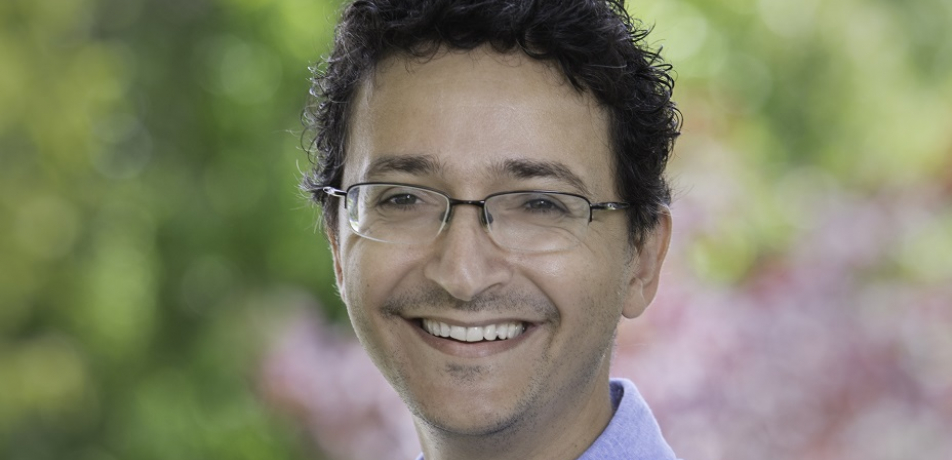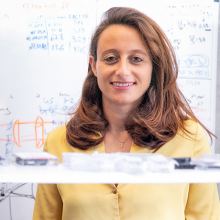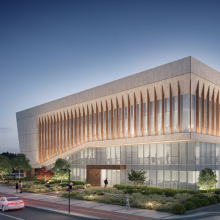Dr. Ofer Shoshani
Chromosomal outliers and cancer
New scientists

It was an Earth-shattering discovery. In 2011, geneticists in the UK revealed that chromosomes—the pairs of packaged, tightly regulated genetic material responsible for giving each daughter cell a complete copy of a parent cell’s DNA—can break into thousands of pieces. Later revealed to occur in 25 percent of cancer patients, this dynamic process produces shards of DNA that randomly reassemble, driving new patterns of inheritance that can help cancer cells survive.
But this post-shatter chromosomal repair produces a dangerous side-product: circular bits of detached DNA that float freely in the nucleus and can replicate in large numbers, creating an abnormal amount of copies of the specific genes they contain. According to Dr. Ofer Shoshani, these genetic “outliers”—what scientists refer to as extra-chromosomal DNA (ecDNA)—are a big problem for cancer treatment. Dr. Shoshani is joining the Department of Biomolecular Sciences.
“When we think of human DNA, we think of our 46 chromosomes, half from mom and half from dad,” he says. “But circular ecDNA can generate hundreds of copies of a gene, and this indeed happens in many cancer types. In my postdoctoral work, I demonstrated that if genes that confer drug resistance are found on one of these fragments of extra-chromosomal DNA, these genes can accumulate to abnormal numbers, something that leads to extremely resistant cancer cells. This is the secret of ecDNA-related drug resistance: You need such high doses to kill such cells that the treatment could kill the patient first.”
“We toss so much at cancer, from radiation to chemotherapy to immunotherapy, but cells evolve so quickly that cancer often comes out ahead,” says Dr. Ofer Shoshani.
In his new lab, Dr. Shoshani intends to examine potential strategies for controlling the accumulation of extra-chromosomal DNA—something that might eventually contribute to more successful cancer treatment.
Dr. Shoshani is looking forward to getting back to Israel and the Weizmann Institute, together with his wife and children. “Creativity is very important to me, and Weizmann allows scientists to follow their creative dreams. Hopefully, someday I will find that my work has made a difference.”
Biosketch
Born in Tel Aviv, Dr. Ofer Shoshani earned his BSc and MSc at Tel-Aviv University in 2004 and 2006, respectively. He received his doctorate from the Weizmann Institute in 2012, and stayed on as a postdoctoral fellow and research intern in the Department of Molecular Cell Biology. In 2013, he joined the Ludwig Institute for Cancer Research at the University of California, San Diego as a postdoctoral fellow. In 2021, he was recruited to the Weizmann Institute’s Department of Biomolecular Sciences as a faculty member.
Dr. Shoshani won the James Kerr Award for Research Excellence from the Ludwig Institute, in 2021. He has presented at numerous professional conferences including a recent invited talk in the 11th Salk Institute Cell Cycle Meeting.
When not in the lab, Dr. Shoshani can be found reading to his children, playing the piano, or hiking in nature.








